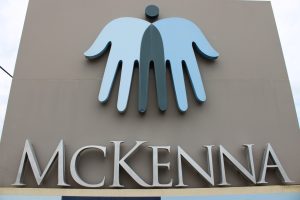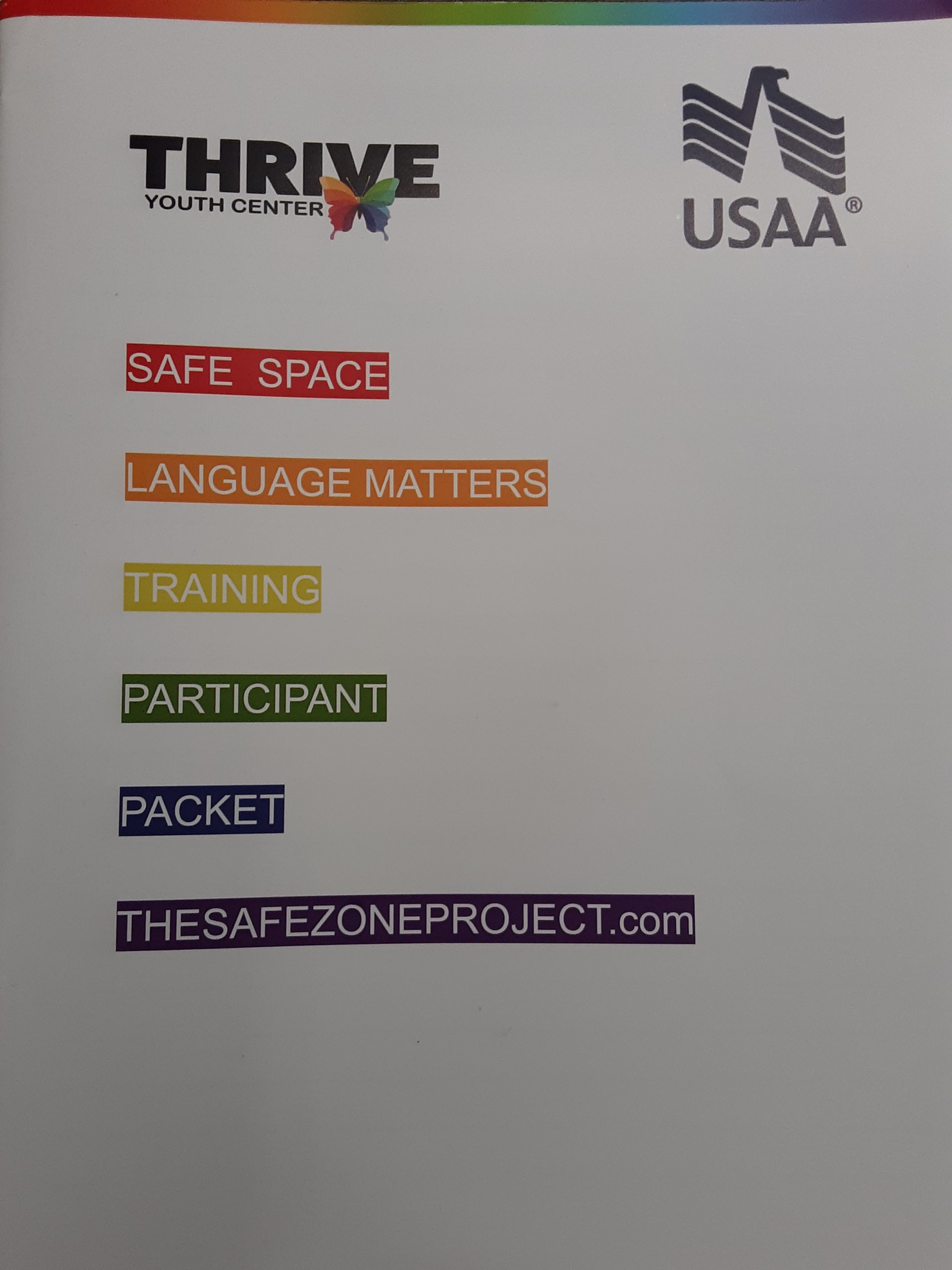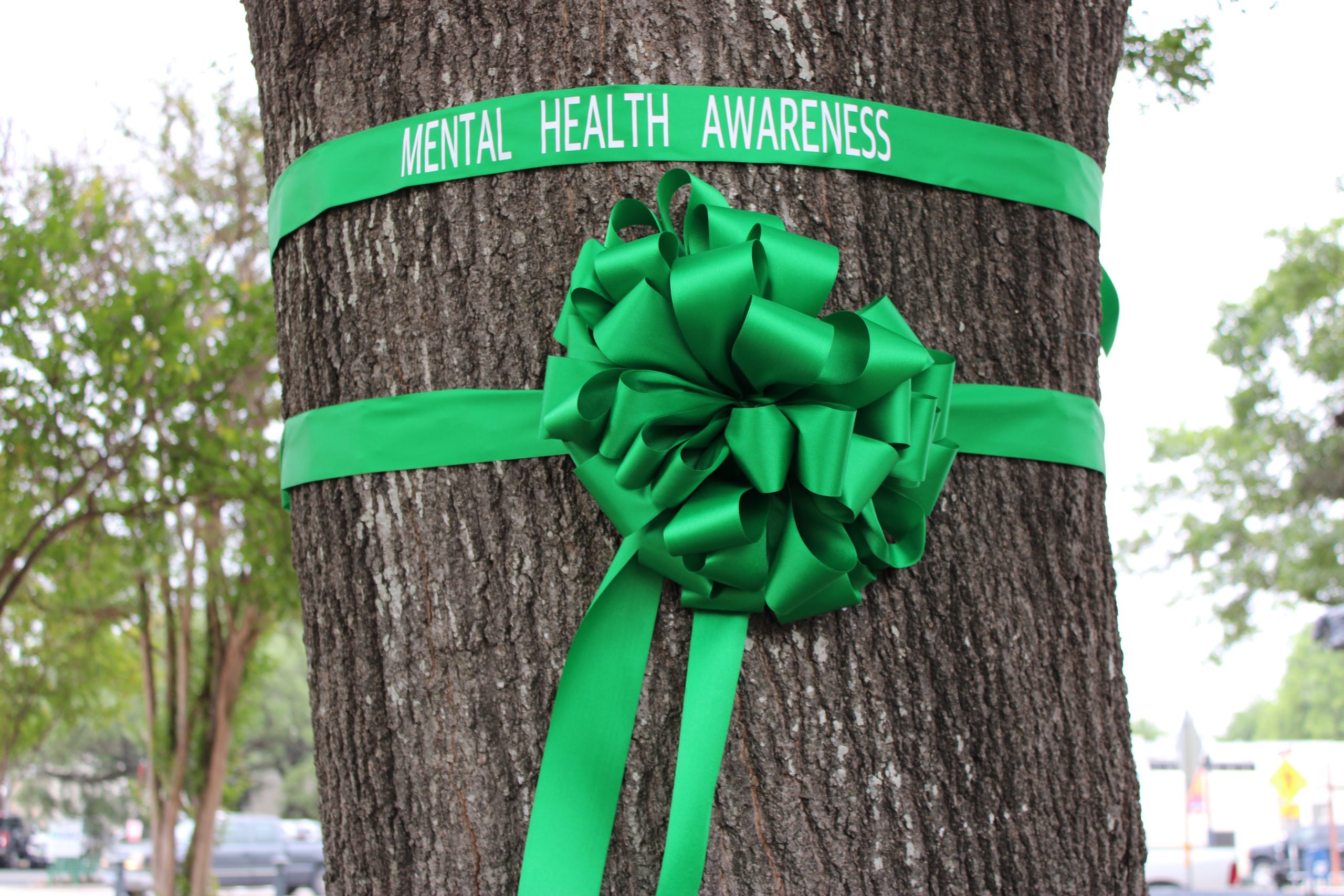June 19, 2023
The building at the corner of Veramendi Avenue and North Street in New Braunfels, which houses the Comal IDD Center, represents a fair share of the history of a city that’s been around for more than 175 years.
In 1934, the school served segregated Hispanic students as the Stephen F. Austin School, according to Bill Barry, administrative coordinator for the Rock Haus Foundation, in remarks to attendees of a recent NB IDEA Forum meeting. The facility was renamed Booker T. Washington School in 1951 when the city’s African-American students were relocated there.
Integration began to take hold as some students were relocated in 1955. By 1960, the district had completed the integration and Booker T. Washington closed. New Braunfels ISD used the facility as a central kitchen until the 1970s when what was then called Hill Country MHMR started operating programs from the building.
Now, almost a quarter through the 21st century, the building will continue to hold its place in the history of New Braunfels and serve as the foundation of a proposed development and expansion project to assist more adults diagnosed with intellectual and developmental disabilities.
Representatives from Hill Country Mental Health and Developmental Disabilities Center and the Rock Haus Foundation discussed their continuing efforts to help their clients and revealed plans to develop the 5.2-acre Comal IDD Center site into a campus-like setting.
The Foundation, founded in 2017 to support and provide opportunities for adults with intellectual and developmental disabilities in Comal County, acquired the North Street property after a New Braunfels ISD donation last year.
The Foundation’s primary role is fundraising through events and grants for repairs and improvements to the property and research grants to provide various specialized programs to bring to the IDD Center to help improve the quality of life for those enrolled. Such programs include music, art and dance.
Rock Haus works with Hill Country MHDD in their efforts. Twelve Hill Country MHDD staff members tend to the around 30 adults who regularly receive services at the IDD Center.
According to Barry, the first development phase, which is underway, consists of renovating an existing building on the property for students in the NBISD Gateway Transition Program. The program is for students aged 18-22 with special needs who have completed the campus-based portion of their education. The program prepares students and their families for life after attending school, including employment, volunteerism, recreation, transportation and social events.
Renovation of the building has begun, with an expected move-in by Gateway during the 2023-24 school year. NBISD will continue to operate the program, according to Barry.
The plan’s second phase includes developing and constructing a community center to house area service providers, medical services, case managers and navigators, and a multi-purpose facility for recreation, education, meetings, conferences, plays and concerts. A capital campaign to fund community center construction will begin soon.
“Our hope is that we can develop this property into a campus-like setting that will include a number of different buildings,” Barry said. “It wouldn’t just be this one, it would be two or three, but we can envision a number of buildings that are on this campus that are going to serve adults, are going to serve those individuals and provide our community what that need is. Through meetings with our providers and our parents, we’ve learned that there is an incredible need.”
The McKenna Foundation recently awarded a $300,000 grant to the Rock Haus Foundation to assist with the improvements, renovations and construction project.
Intellectual disability is a term used when there are limits to a person’s ability to learn at an expected level and function in daily life.
Developmental disabilities affect an individual’s growth and cognition and include disabilities such as cerebral palsy, autism, muscular dystrophy, down syndrome or fetal alcohol spectrum disorder.
Six to seven million Americans are said to have developmental disabilities. The Centers for Disease Control and Prevention estimates that as many as one in six children in the U.S. — about 17% — can be living with developmental disabilities.
Donna Brown, director of the Comal IDD Center and who has been employed with Hill Country MHDD for more than 30 years, shared information and educated meeting attendees on the services performed and activities at the center, which includes dance and movement, creative crafting, art empowerment, music enrichment, Rock-the-Haus Dance Parties and tending the vegetable garden center at Cemex.
Activities also include a creative writing class, she said. Brown said she was a true believer that every one of the people she serves has an imagination.
“There’s so many things that we try to offer here, so we open up the world to them,” Brown said. “We don’t want to close the world, and we want the world out there to know that they are productive citizens. They’re part of us. They live here in New Braunfels. Some of them have been here all of their lives. This is their town, too.”
Brown and Berry emphasized in their remarks that plans for the development and construction effort do not call for tearing down the historic school building.
Learn more at rockhausfoundation.org. Additional information on the IDEA Forum and future events can be found by visiting www.nbideaforum.com or emailing ideaforumnb@gmail.com.






